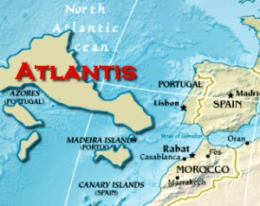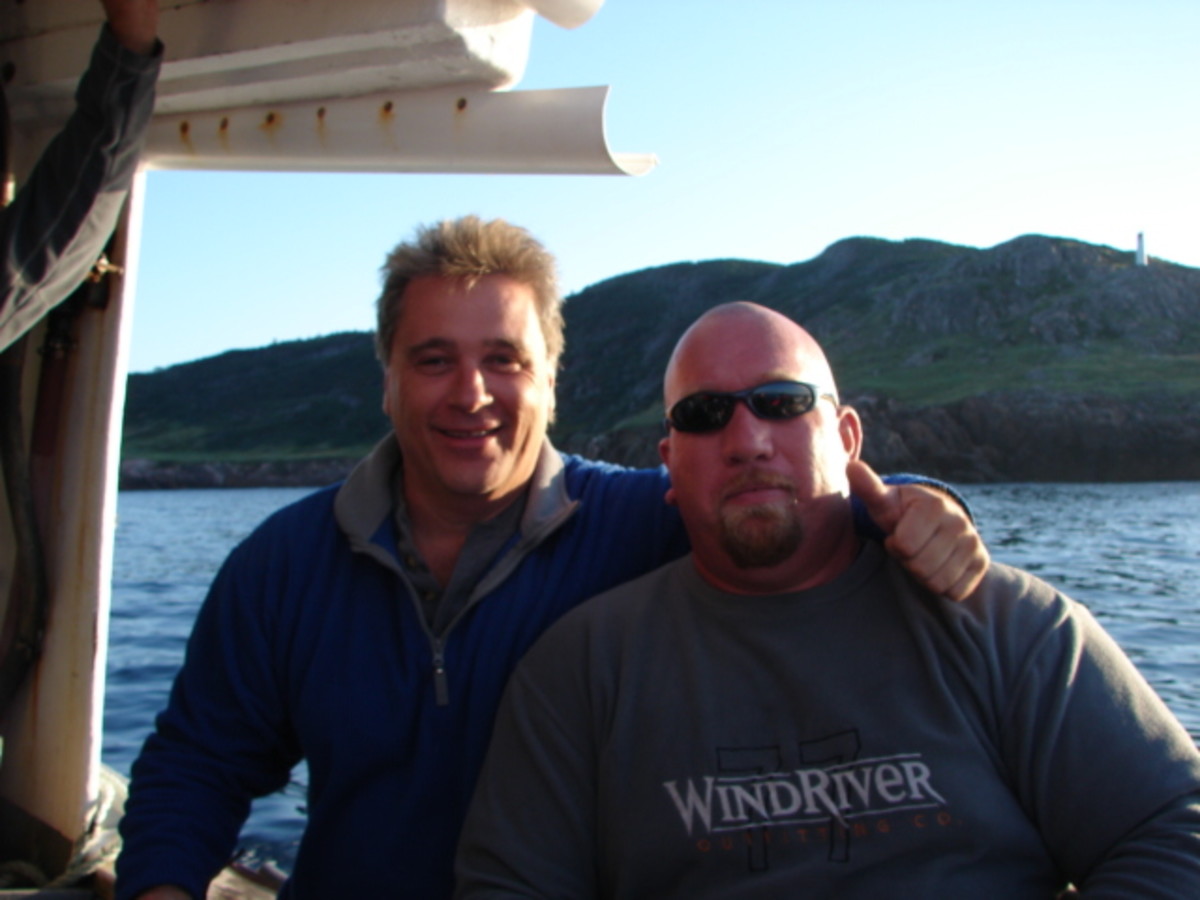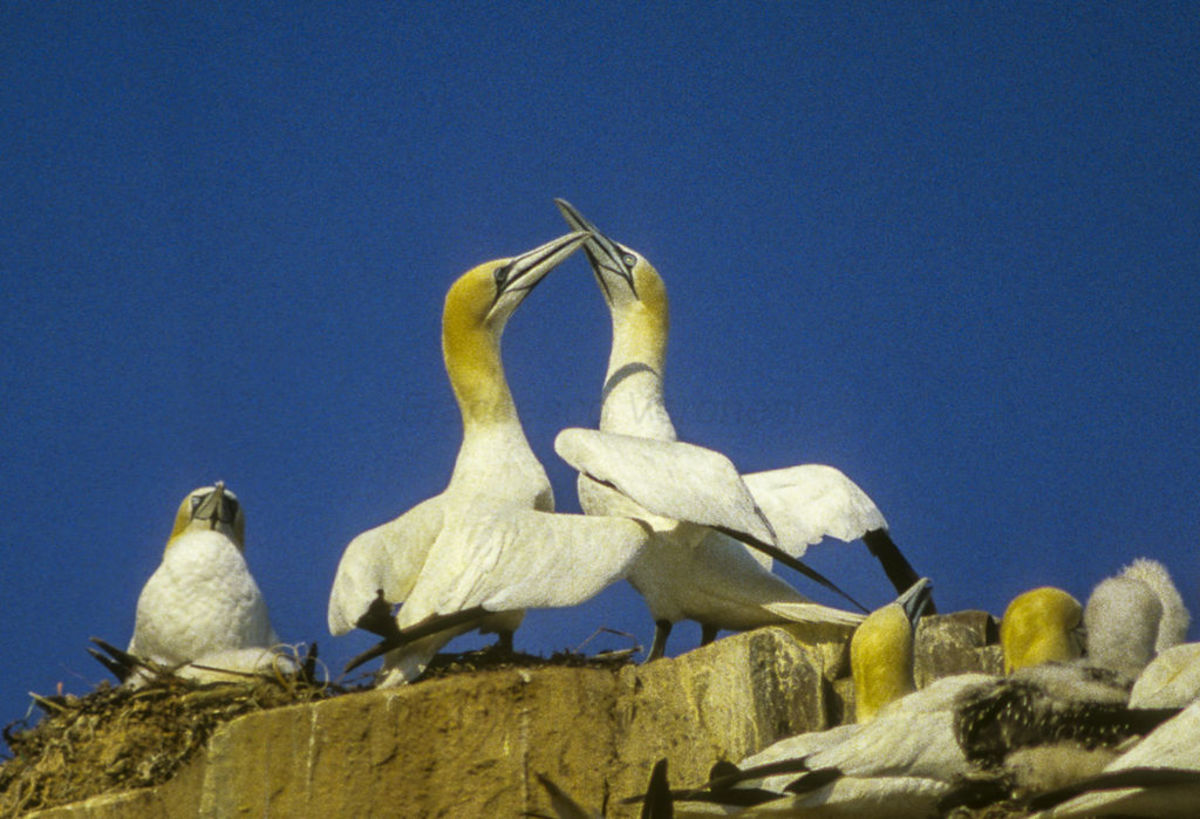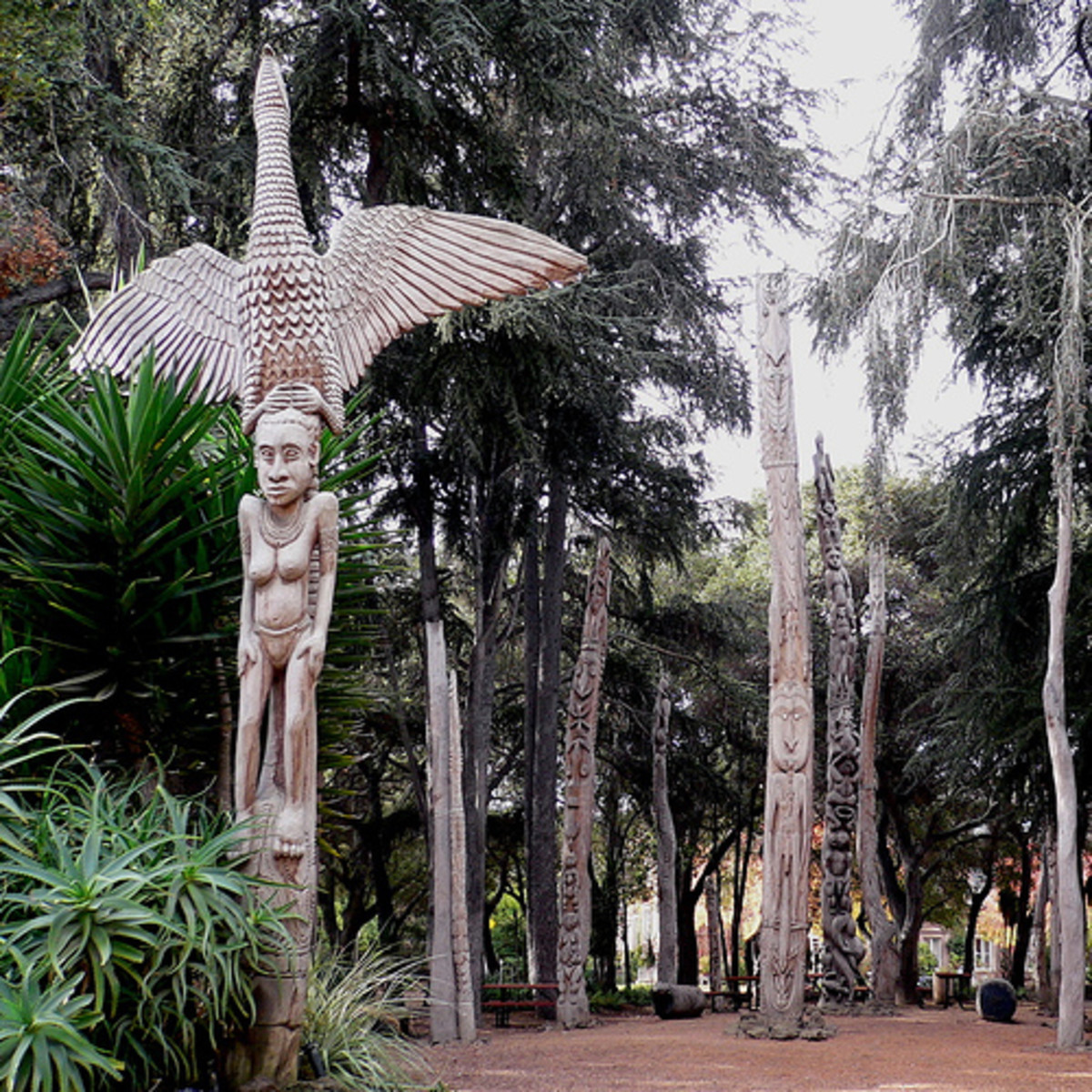The Boy Who Cried Atlantis

There once was a boy who herded sheep and felt so bored with his job that he cried, "Wolf!" in order to stir things up. Each time he did so, the townspeople would come to the rescue only to find him laughing at their gullibility. Then one day, a wolf actually showed up and, in some versions, ate the naughty little boy. The ancient Greek teller of fables, Aesop, gave us this delightful tale about lying and its consequences.
What does this have to do with Atlantis? It seems every few months, someone declares they have found Plato's lost island, only they are not joking. And, for them, their declaration is no lie. They are quite serious in their pronouncements.
The list of locations is long and varied, covering regions around the globe—the high Andes of South America, Sweden, the Sahara, Antarctica and even Indonesia. To the hardened skeptic, the subject of Atlantis has become a farce. Even if Atlantis were to be found in all honesty, few, if any, would believe it. The "discovery" has been made too many times. Too many have "cried Atlantis." And like the Aesop fable, the word "Atlantis" now falls on deaf ears. It has lost its meaning to those who could do anything about it.
Catch-22
The professional, career scientist (geologists and archaeologists) will not investigate Atlantis or anything associated with that fabled island. To them, the word "Atlantis" has become a blasphemy—something from beyond the fringe. If scientists will not investigate anything associated with Atlantis, then they will never find proof of Atlantis. If scientists require proof of Atlantis before they will investigate anything associated with Atlantis, then we have a situation impossible to solve—a classic "Catch-22" (a term, coined by Joseph Heller in his novel by the same name, referring to a logical paradox).
In Heller's novel, catch number 22 is the impossibility of getting out of combat duty by being declared insane. It works like this: If someone wants to get out of combat, then they are automatically assumed not to be insane. Anyone who wants combat duty would be suicidally crazy. Thus, any pilot who requests a fitness evaluation is presumed sane, and must fly combat missions. On the other hand, if an evaluation is not requested, the pilot will never receive one, so he can never be found insane, even if he is loony tunes. Thus Catch-22 guarantees that a pilot can never be found insane, no matter what his mental state.

One island in the Bahamas possesses several sites in its surrounding, shallow waters which may contain archaeological finds. Amateurs have photographed them and, while they may not be entirely convincing, they seem promising. Professional archaeologists will not investigate these sites, and the reason is quite clear. They do not want to jeopardize their funding or their tenure by being associated with the blasphemous Atlantis. The island is named Bimini, part of the Bahamas, and stands not far from Florida, United States.
Four decades ago, an underwater wall was found north of the island. Not long after its discovery, a Mr. Shinn, who had a bachelors degree in biology and worked for the United States Geological Service, investigated the so-called wall. His original article, published in an obscure, Florida journal, seemed inconclusive. The orientation of the blocks of beach rock out of which the wall was created seemed random, rather than entirely natural. Because of this, it proved entirely reasonable to conclude that the structure may have been manmade. In a subsequent article, Mr. Shinn changed his story. He wrote that the evidence conclusively showed that the wall was entirely natural because all of the blocks were oriented toward the sea. Either Mr. Shinn lied in his first article, or he lied in every article which followed. But now, Mr. Shinn was famous. If a geologist or archaeologist were ever asked about the enigmatic "Bimini Wall," or as it is frequently called, "Bimini Road," they would merely point to Mr. Shinn's later articles which show conclusively that the structure is natural. Apparently, none of the scientists know of Mr. Shinn's original article and its implications. Oh, well! They have all they need to know. They have buried their heads in the sand and don't even taste the grit.
I have seen similar travesties happen in astronomy's scientific literature. Mistakes made by scientists over a century ago are quoted by later scientists as fact, even though other scientists have long proven those errors to be false. So, even in a peer-review environment, if the reviewer does not know better, they may approve an article full of known errors—known to some, but not to all.
More about Atlantis...

Definition
If Atlantis was a real place, there remains only one location which could qualify. Plato stands as the only source for our story. All earlier writings on the subject, if they ever existed, have been lost. Plato's dialogs, Timaeus and Critias, define the subject. And Plato tells us a very specific location.
Atlantis, if it existed, stood in the Atlantic Ocean, just outside the Strait of Gibraltar, facing a region in Southern Spain, known in Plato's time as "Gadira"—modern day "Cádiz."
The size of Atlantis was somewhat more vague. Plato merely said that its area equaled that of ancient Libya and Asia Minor combined. This would include most of coastal North Africa, excluding Egypt, but including most of modern Turkey. In other words, Atlantis was an island between one and two times the size of Texas—the largest state in the contiguous United States. Because of this extent, Atlantis likely stretched to include the Azores archipelago and perhaps some of the mid-Atlantic ridge.
Every other place on Earth cannot have been Atlantis, by definition. If some ancient ruins are found elsewhere, they might possibly have been an inspiration for the Atlantis story, at best. The only exception to this rule would be the colonies described by Plato. Some of these Atlantean settlements stood along the Mediterranean coast, as far as Italy in the North and up to, but not including, the Nile valley in the south. Other colonies stood amongst the islands across the great ocean (Atlantic) and on the opposing continent (America?). Could the Bahamas be included amongst these colonial islands?

Proof
Alas, we have no direct proof of Atlantis. But say that it did exist as Plato described. The most startling proof would be that of ancient writings and a method for deciphering the now long-dead language. Perhaps almost as rewarding would be the acquisition of a dateable map which showed the lower sea levels of twelve thousand years ago plus the island or islands of Atlantis in the Atlantic. Next on the discovery "wish list" would be whole buildings on the bottom of the Atlantic in the region described by Plato. Last on this list, we might include buildings in the colonial areas of Atlantis, perhaps dozens of meters below sea level, closer to the old sea level of 9600 BC.
However, we have proof of an Atlantis-like event. In fact, we have three pieces of evidence, each from a different scientific discipline. The most startling and controversial of these suggests that an Atlantis-sized body of land submerged approximately one kilometer at about 9620 BC. Each of these world-changing items of proof coincide with the same date—roughly Plato's date for the subsidence of Atlantis.
We also have a great deal of other evidence which supports the past reality of Atlantis, including geological, archaeological and cultural.
For Crying Out Loud!
Don't pay too much attention to those who find Atlantis here, or there, or anywhere. Plato was quite specific about the location of Atlantis
Geologists will not look because, for them, there is nothing in the geology of the North Atlantic which would allow for the formation and subsequent destruction of a large island. But don't let the scientific Catch-22 stop you from investigating.
The following video gives you a layperson's explanation of Atlantis, comparing that fabled island with a modern group of islands—the Philippines.
For a more in-depth discussion of the geology of Atlantis, and much more, check out www.MissionAtlantis.com.









